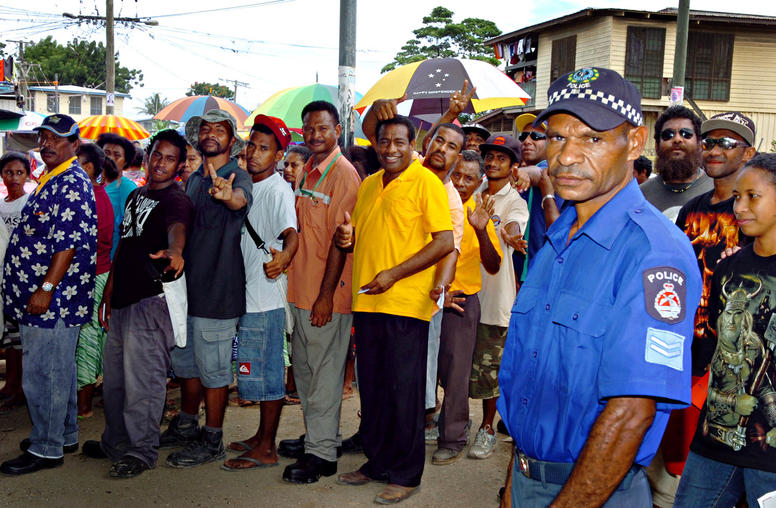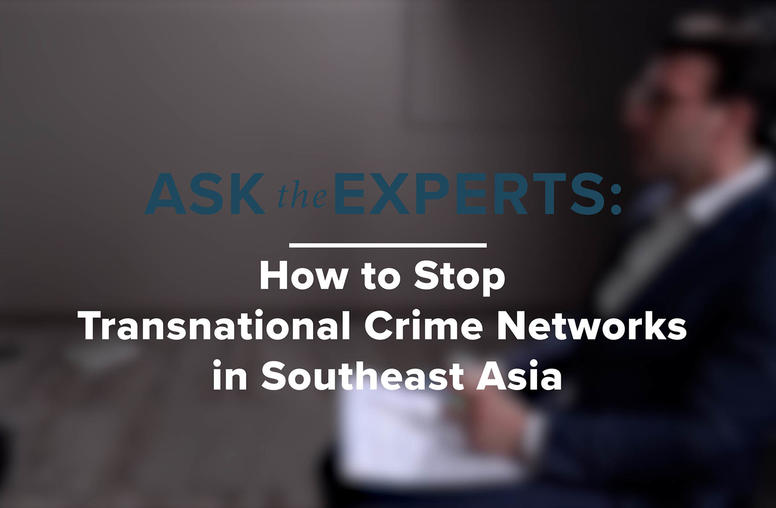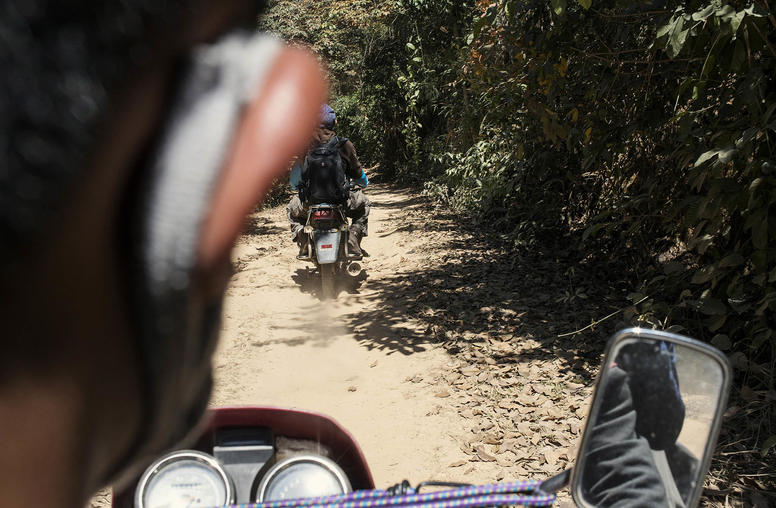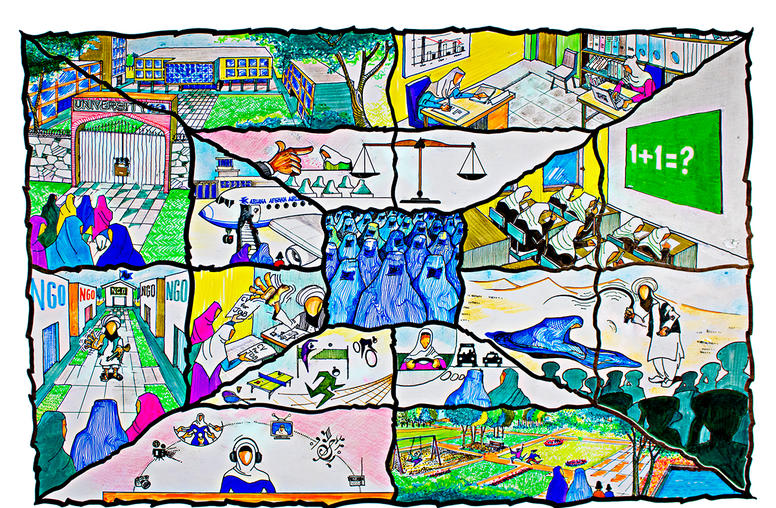Toward Never Again: U.S. Leadership in Atrocity Prevention
The Elie Wiesel Genocide and Atrocities Prevention Act of 2018 calls upon the United States to pursue a government-wide strategy to identify, prevent, and respond to atrocity risk. Critically, the Act underscores the importance of a White House-led interagency working group charged with monitoring atrocity risk and responding to high-risk or imminent atrocity situations. The Atrocity Early Warning Task Force has refined the U.S. approach to atrocity prevention through enhanced early warning and improved interagency coordination to mitigate atrocity risks.
On September 16, USIP and the State Department’s Bureau of Conflict and Stabilization Operations hosted a discussion on institutionalizing “never again,” as well as interagency efforts to prevent, mitigate, and respond to atrocity risks.
Join the conversation on Twitter with #TowardNeverAgain.
Speakers
Philippe Leroux-Martin, introductory remarks
Director of Governance, Justice & Security, U.S. Institute of Peace
Denise Natali, introductory remarks
Assistant Secretary, Bureau of Conflict and Stabilization Operations, U.S. Department of State
Naomi Kikoler, moderator
Director, Simon-Skjodt Center for the Prevention of Genocide, U.S. Holocaust Memorial Museum
David Cate, panelist
Director for Atrocity Prevention Policy, Office of the Secretary of Defense, U.S. Department of Defense
Steven Gillen, panelist
Deputy Assistant Secretary, Bureau of Democracy, Human Rights, and Labor, U.S. Department of State
Kirsten Madison, panelist
Assistant Secretary, Bureau of International Narcotics and Law Enforcement Affairs, U.S. Department of State
Ryan McCannell, panelist
Director, Center for Conflict and Violence Prevention, Bureau of Conflict Prevention and Stabilization, U.S. Agency for International Development
Morse Tan, panelist
Ambassador-at-Large, Global Criminal Justice, U.S. Department of State



